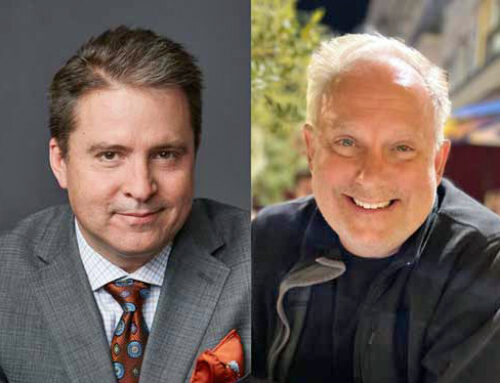On Independence Day, many of us will wear red, white and blue, line our neighborhood streets and patriotically wave small American flags at Fourth of July parades. It’s a communal paean to national identity and unity, something that feels more ideal than real right now.
We trace our celebration to the year 1776 when the Declaration of Independence sealed our intentions to create a new nation dedicated to the proposition that “all men are created equal” and are “endowed by their Creator” with the rights of “life, liberty and the pursuit of happiness.” Our republic was founded on ideas of liberty and equality, not on ancient concepts of “blood and soil,” ethnic identity or native origin. This made America exceptional in the league of nations and in the annals of history.
But the whole story of our country does not begin in 1776. The recent 1619 Project gives a fuller account that stretches back to the landing of the first slave ship on our shores. It chronicles a concurrent history seldom told, that of the plight of Americans of African descent. It too is American history, as is the story of Native Americans who suffered ethnic cleansing in the name of nation building.
Many former Confederate state legislatures, including Texas, proposed or passed laws banning the use of critical race theory or any teaching about race in public or charter schools that would tell history in ways that might implicate white Americans today for continuing racial injustice. These laws aim to counter teaching that some believe worsens racial tension by blaming people for things their ancestors did but that they themselves have no culpability for.
Critical race theory assails the idea that racism is merely an attitude of racial animus. It is instead the institutionalizing of racial privilege by the use of power. Critical race theory claims that racial inequality is baked into law and public policy, preventing some from laying hold of their unalienable rights. Ironically and tragically, these laws only prove the point.
Former slave Frederick Douglass was invited in 1852 to give an address at an Independence Day celebration. While lauding the founding fathers for the principles laid out in the Declaration of Independence, he asked a salient question: “What to the slave is the Fourth of July?” More than a century and a half later, Black Americans, Native Americans and other people of color are asking a similar question.
Good religion contributes to the wellbeing of a nation. It seeks, tells and lives the truth — never hiding, avoiding or denying it. Repentance is the path to communal, as well as personal, renewal. The Bible portrays entire nations, not just individuals, as standing under God’s judgment for unjust treatment of the poor and the stranger.
Faith can be a toxin or a tonic. It can make us sick or well. Our spiritual communities can and must lead us to acknowledge the painful truths of our past so that we can share a healthy, just and joyful future together.
GEORGE MASON is pastor of Wilshire Baptist Church, president of Faith Commons and host of the “Good God” podcast. The Worship section is underwritten by Advocate Publishing and the neighborhood businesses and churches listed here. For information about helping support the Worship section, call 214.560.4202.





